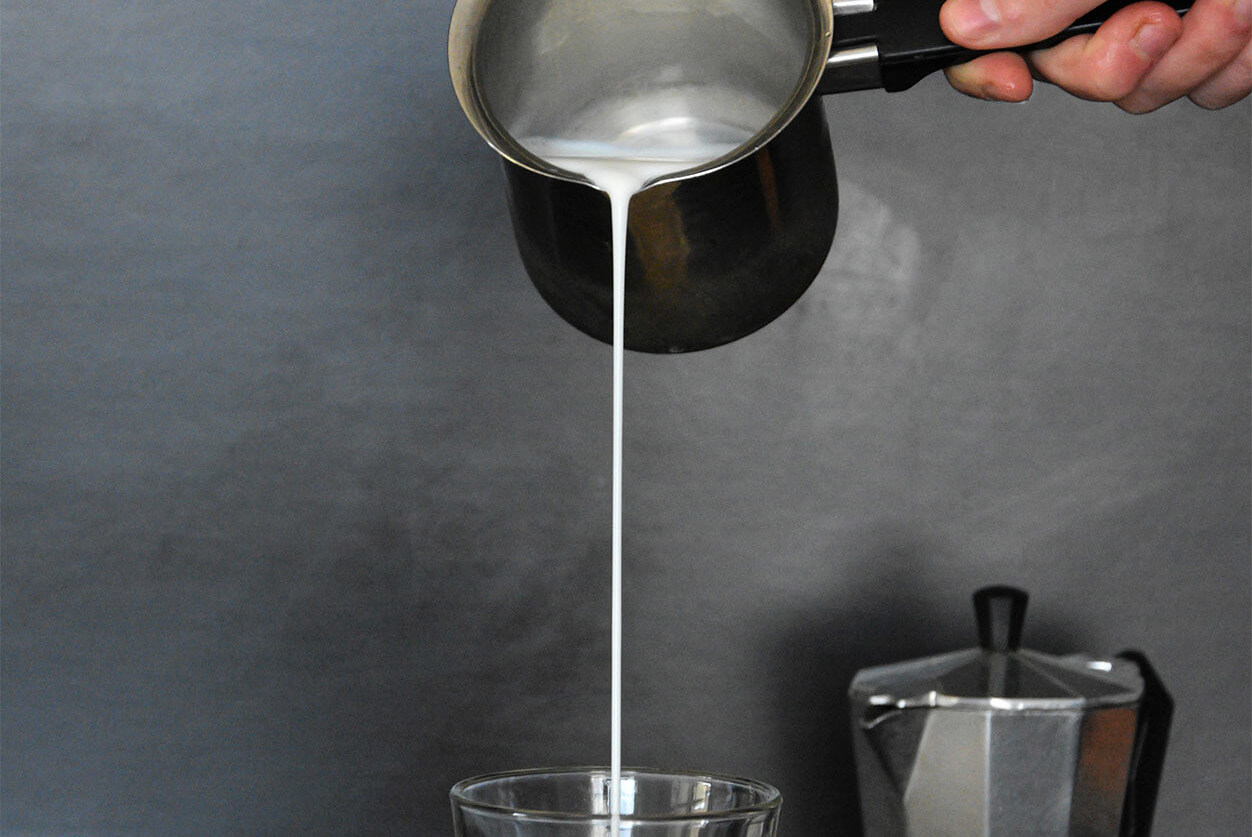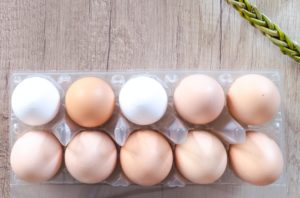The milk that is being drank today is far different than the milk that was drank 100 years ago. This is because the cows that are currently producing milk are modified to be able lactate through the entirety of their pregnancy. The problem with this extended period of lactation is that during the latter half of a cows pregnancy its estrogen levels increase up to 34 times the amount that they normally would be during when they naturally could lactate.
This increased amount of estrogen in milk then can increase the levels of estrogen in humans that consume it. Estrogen is essentially the “female hormone” and testosterone is the “male hormone”. Both males and females have estrogen and testosterone but the amount of estrogen men need differs greatly from women, as does the amount of testosterone women need compared to men.
Increased levels of estrogen from regular milk consumption can be harmful for men due to a variety of reasons. This is a list of negative effects in men resulting from high levels of estrogen: growth of breast tissue, diabetes, erectile dysfunction, retarded growth, infertility, lower sex drive, low levels of energy, less ability to build muscle, reduced penis and testicles size, hair loss, trouble focusing, and several others.
The mechanism through which milk can increase levels of estrogen in males is primarily through estradiol. While milk contains small amounts of anabolic hormones as well, estradiol is present in large amounts and is the primary cause of altered levels of estrogen in humans from commercial milk.
The Estradiol in Dairy Products
There are 3 estrogen hormones. These are estrone (E1), estradiol (E2), and estriol (E3). Among these, Estradiol is the strongest biologically active estrogenic hormone.
According to this study, Per 1 glass of milk, there is about 10ng of estradiol. This amount of estradiol is, according to the study, “4,000 times stronger than other environmental hormones and xenoestrogens in terms of hormonal activity”.
Over time, consistently consuming estradiol through milk will have similar effects to taking small amounts of estrogenic prescription hormones. These effects will be manifested in testosterone suppression, a lowered libido, and loss of the ability to have and maintain erections.
Most people do not consume commercial milk in high enough quantities to experience these effects fully but there is still a negative effect on male sex hormones from any amount of estradiol consumed through dairy.
Milk and Male Testosterone Levels
There have been multiple studies which have been reported a decline in sperm quality as well as sperm levels correlated with dairy food and milk product consumption.
This study on dairy foods and sperm quality was able to conclude that dairy intake is associated with significantly lower levels of sperm and can directly result in damage to testicular function.
Another study relating to male hormones, found that milk singularly supplied 60-80% of ingested female sex steroids.
Regarding testosterone specifically, this study on commercial milk found that after consuming cow milk, men’s testosterone as well as follicle-stimulating hormone and serum luteinizing hormone decreased.
The amount that testosterone levels decline from milk consumption is dependent on several factors but there is a definite decrease that has been observed.
In order to avoid the negative hormonal effects of drinking milk, there needs to be a conscious effort to drink milk that is both organic and grass fed.
What Kind of Milk Has the Least Effect on Estrogen Levels?
The kind of milk which has the least effect on estrogen levels is milk from cows that are grass fed. This is because their lactation period will be normal and the estrogen they are producing during the end of pregnancy will not be present in their milk.
It is also important to get organic milk. All dairy products should be organic because that will improve their fatty acid content and ensure that they do not contain any hormones, pesticides, or antibiotics.
If you are drinking organic milk from grass-fed cows, there are relatively no down-sides. Milk without added hormones, antibiotics, and pesticides is good source of vitamins, fatty acids, proteins, and calcium and is great to drink for health and building muscle.
Summary
In summary, commercial milk can increase estrogen levels in men. This increase is slight but it has been certified through studies and in those who drink 3-4 cups or more of commercial milk a day, this increase in estrogen can be damaging to the male hormonal balance and function.
Regular milk does this by containing high amounts of estradiol from cows in the latter phases of pregnancy that are producing elevated levels of estrogen. Cows do not normally lactate in the second half of their pregnancy. Through genetically modified diets, however, they are able to and produce milk that is high in estrogenic hormones.
The estrogenic hormones from commercial milk in men can decrease testosterone levels, elevate levels of estrogen, lower libido, cause erectile dysfunction, lower energy, impair testicular function, slow down growth, reduce bone density, decrease energy levels, decrease penis and testicle size, slow the rate of muscle growth, possibly cause cancer, cause growth of breast tissue, and more.
To avoid these effects, the best kind of milk to drink is organic milk from cows that are grass-fed. By drinking this kind of milk, the negative effects from estrogenic hormones are not all present and the nutritional and health benefits of milk can be obtained without disrupting the balance of hormones.
For more on what to eat, such as the effects of eating 12 eggs per day and how to meal prep for muscle gains, click here.







